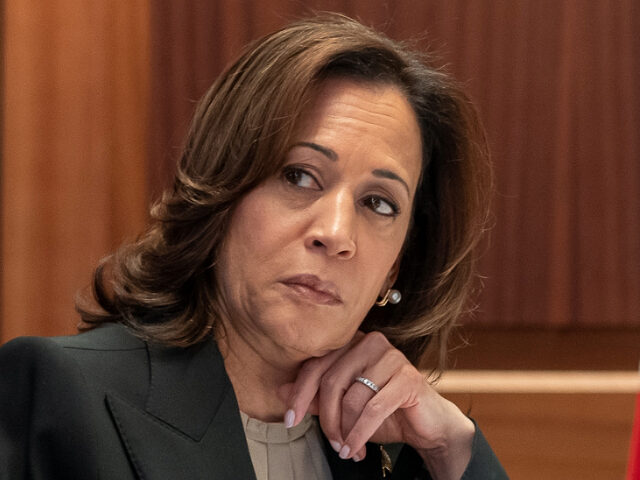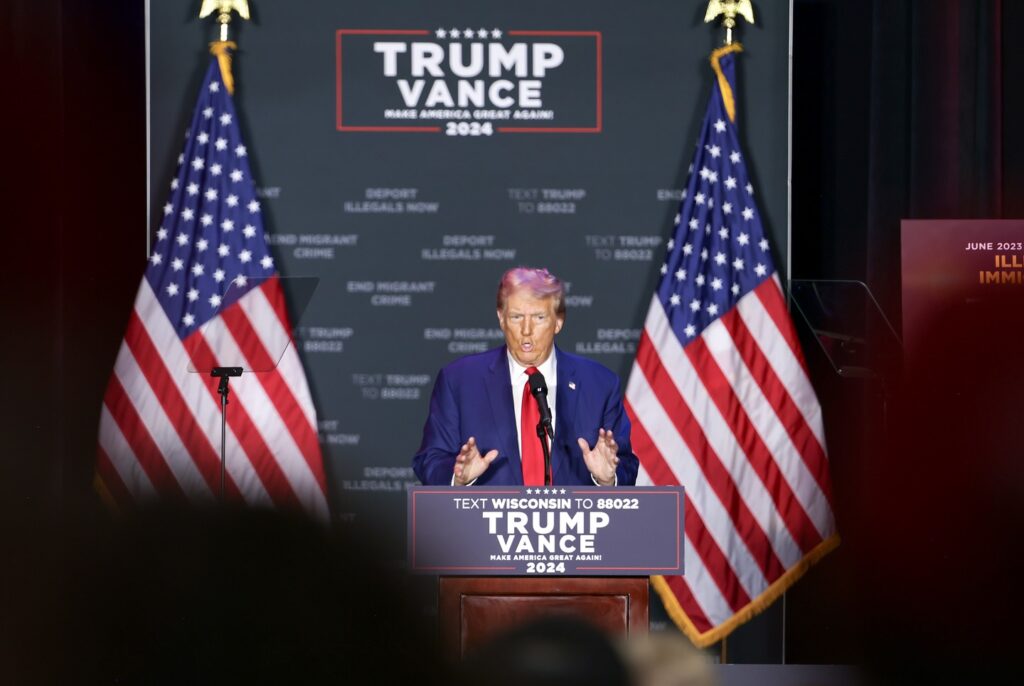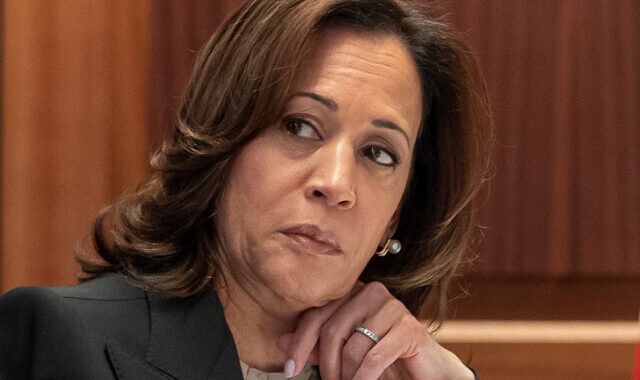In a political climate where words seem to have lost their weight, Donald Trump has once again stirred controversy with his inflammatory remarks, targeting Vice President Kamala Harris. During a recent anti-migrant rally, Trump referred to Harris as “mentally disabled,” sparking outrage and reigniting debates about the former president’s divisive rhetoric.
This isn’t the first time Trump has employed harsh language to galvanize his supporters, but his latest jab at the sitting vice president feels particularly troubling, even by his standards. Let’s break down why this is such a significant moment and what it tells us about the state of political discourse in America today.
A Rally Fueled by Fear and Xenophobia
First, let’s set the stage. Trump’s anti-migrant rally took place against the backdrop of the ongoing immigration debate. Trump, who built much of his political brand on tough immigration policies, used the event to double down on his opposition to President Biden’s immigration strategies. His speech was filled with the usual talking points: calls for a border wall, criticism of “open borders,” and claims that migrants are overrunning the country.
It’s a playbook Trump has relied on since his first campaign, and it continues to energize his base. Immigration is a hot-button issue, and Trump knows how to press all the right buttons. But while rally attendees may have expected fiery anti-immigrant rhetoric, what came next likely shocked even the most seasoned political observers.

White House/Adam Schultz via Flickr
Trump’s Attack on Kamala Harris
As Trump shifted focus from the migrant crisis to his political rivals, he launched into a tirade against Kamala Harris. “Can you believe this person is Vice President? She’s mentally disabled. I don’t even think she knows what she’s doing,” Trump said, provoking cheers from parts of the crowd and gasps from others. The comment was jarring not only for its cruelty but also for its inaccuracy and dangerous implications.
Harris, the first female vice president and the highest-ranking woman of color in American history, has faced plenty of criticism. But Trump’s comment wasn’t about her policies or her performance—it was a personal attack, rooted in ableist language that shouldn’t have a place in modern political discourse. By using such terms, Trump not only disrespected Harris but also perpetuated harmful stereotypes about mental health, something we should all be moving beyond in 2024.
A Familiar Pattern of Insults
For those familiar with Trump’s rhetoric, this kind of personal attack isn’t exactly new. He has a long history of belittling opponents, often using offensive nicknames or crude remarks to undermine them. From calling Hillary Clinton “Crooked Hillary” to labeling President Biden as “Sleepy Joe,” Trump has weaponized language in a way that reduces complex political figures to playground insults.
But targeting Harris’s intelligence or mental capacity is a step beyond the usual name-calling. By branding her as “mentally disabled,” Trump taps into ableist slurs that mock not just Harris but anyone living with cognitive disabilities. In a time when mental health is finally being taken seriously, such comments feel particularly out of touch.
The Bigger Picture: Why This Matters
Some may argue that we shouldn’t be surprised. Trump has always spoken with little filter, they’ll say, and his supporters love him for it. But even if you’re used to his bombastic style, this moment still matters. Why? Because it reflects the larger issue plaguing our political system: the normalization of hateful, divisive language.
When a former president—who remains a powerful figure within the Republican Party—casually uses offensive terms like “mentally disabled,” it sends a message to his supporters that this kind of rhetoric is acceptable. It lowers the bar for public discourse, encouraging others to mimic his language and framing political opposition as not just misguided but inherently flawed on a personal, even biological, level.
Silence from the GOP: A Missed Opportunity
Perhaps just as troubling as Trump’s comments is the lack of a strong response from his fellow Republicans. There’s been little pushback from party leaders, a silence that speaks volumes. The GOP has often found itself in a bind when it comes to Trump. His hold on the party base is undeniable, and criticizing him risks alienating the voters they need in future elections. But by not condemning these remarks, Republicans miss an opportunity to distance themselves from the more toxic elements of Trumpism.
The Impact on Vice President Harris
Kamala Harris, for her part, has not directly responded to the comments. Her focus, as usual, has been on the pressing issues of immigration reform and other policy matters. Harris has faced her share of personal attacks throughout her political career, particularly as a woman of color in a position of immense power.
However, while she may not have taken Trump’s bait, it doesn’t mean the comments don’t sting. For women in politics, especially women of color, these kinds of remarks are part of a broader pattern of sexism and racism that seeks to undermine their legitimacy. Harris’s rise to the vice presidency is historic, but it has also made her a target for those who are uncomfortable with the changing face of American leadership.

What Does This Mean for Future Political Discourse?
The question now is: What’s next? Are we doomed to more of this kind of divisive, personal rhetoric as the 2024 election looms closer? Or can we hope for a return to substantive debates about policy rather than personality?
Trump’s comments about Kamala Harris are a reminder that, for some, politics remains more about spectacle than solutions. His ability to dominate the headlines with inflammatory remarks keeps him relevant and rallying his base. But at what cost? If our political conversations continue to be reduced to name-calling, what hope is there for real, productive discourse?
A Dangerous Precedent
Trump’s latest rant against Kamala Harris marks yet another low point in our political discourse. By using ableist slurs to attack the vice president, Trump reinforces the worst aspects of our political system: a focus on personal insults over meaningful policy debate. While his supporters may cheer, the long-term impact of normalizing this kind of rhetoric is damaging to our democracy.
If we want to move forward, we need to demand better from our leaders—on both sides of the aisle. Politics shouldn’t be about tearing others down, but about building up the country. It’s time to raise the bar.

